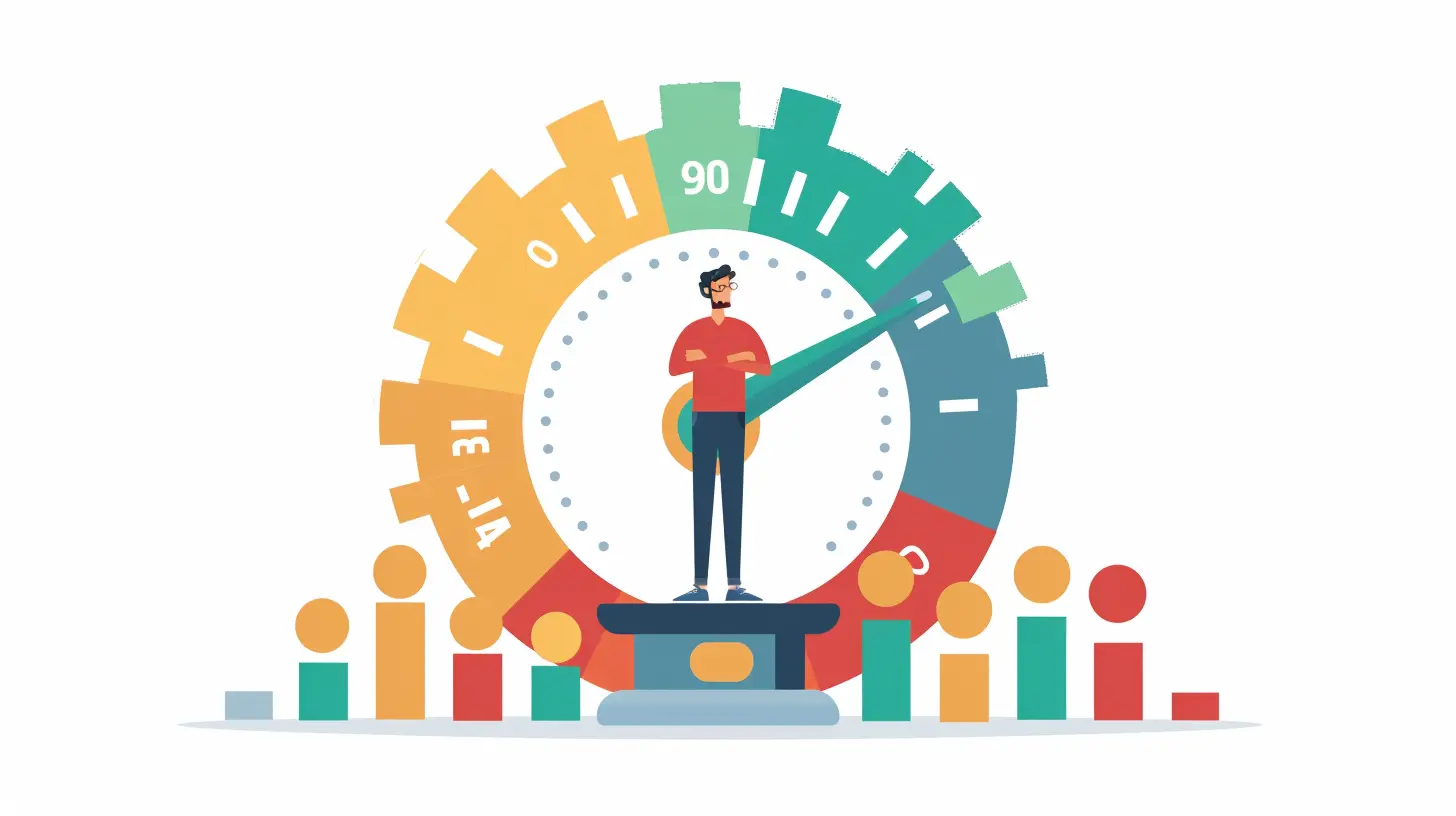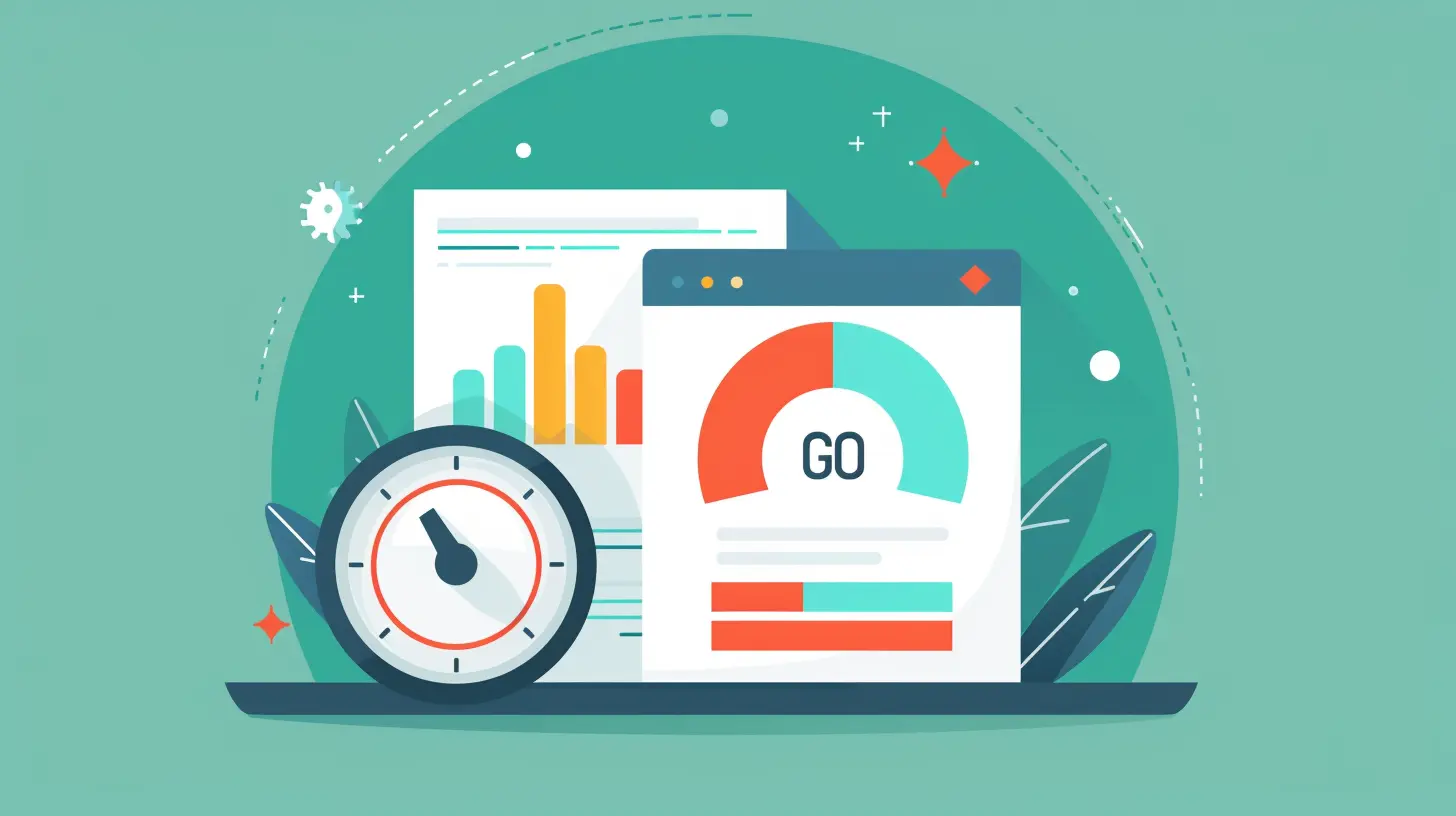Using Credit Monitoring Tools to Track Your FICO Score
30 May 2025
If you're like most people, you've probably learned the hard way that your credit score can be the king or queen of your financial world. Whether you're buying a house, financing a car, or even applying for a credit card, that little three-digit number can make or break your dreams. So, how can you keep your credit score in check and avoid unpleasant surprises? That's where credit monitoring tools swoop in like a financial superhero.
In this guide, we're going to dive deep into the world of credit monitoring tools and why they matter. By the end, you’ll know exactly how these tools can help you stay on top of your FICO score without breaking a sweat. 
What Is a FICO Score, and Why Is It Important?
Before we dig into credit monitoring tools, let’s cover the basics: what on earth is a FICO score?In plain English, your FICO score is your financial report card. It’s a number that runs from 300 to 850 and tells lenders how likely you are to pay back borrowed money. The higher the number, the more trustworthy you seem. Think of it as your financial reputation wrapped up in one tidy score.
A strong FICO score opens financial doors. You’ll get lower interest rates, better loan terms, and maybe even score some perks like premium credit cards with cashback rewards. Conversely, a low FICO score? Well, that can make borrowing a lot more expensive—and stress-inducing. 
Why Should You Track Your FICO Score?
Would you drive a car without a fuel gauge? Probably not—unless you enjoy being stranded on the side of the road. The same logic applies to your FICO score.Tracking your FICO score regularly lets you see where you stand. Are you building your credit? Are there errors on your report dragging your score down? Have you been a victim of identity theft? Staying informed is key.
Life throws curveballs all the time, and your credit score might take a hit without you even realizing it. That’s why setting up a system to monitor your score is a game-changer. Plus, it helps you spot trends, correct errors, and adjust your financial habits before they snowball into bigger problems. 
What Are Credit Monitoring Tools, Anyway?
Okay, so we’ve hyped up the idea of monitoring your FICO score. But how do you actually do it? Credit monitoring tools are the answer.Think of credit monitoring tools like your financial watchdogs. They keep an eye on your credit report and alert you to any significant changes. Did your credit card balance suddenly skyrocket? Has a new account mysteriously popped up in your name? These tools have your back.
Most credit monitoring services don’t just track your FICO score—they also offer other features like identity theft protection and personalized tips to improve your score. 
Benefits of Using Credit Monitoring Tools
1. Stay on Top of Your Credit Score
The obvious benefit? You always know where you stand. Most tools update your FICO score on a weekly or monthly basis, so you’re never in the dark about your financial health.2. Catch Errors or Fraud Immediately
Credit report errors are shockingly common. Whether it’s an incorrect account balance or a fraudulent account opened in your name, these mistakes can tank your score. Credit monitoring tools send you alerts so you can fix issues ASAP.3. Improve Your Financial Habits
Many tools provide insights into what’s helping or hurting your score. For example, they might tell you that keeping your credit utilization under 30% gives your score a boost. It’s like having a financial coach nudging you in the right direction.4. Peace of Mind
Let’s face it—money stuff is stressful. Credit monitoring tools give you one less thing to worry about. Knowing that smarter financial decisions are just a click away can help you sleep better at night.5. Identity Theft Protection
Some credit monitoring tools take it a step further by offering identity theft monitoring. They’ll keep an eye on everything from your Social Security number to your credit card transactions. If someone tries to steal your identity, you’ll know about it right away.How to Use Credit Monitoring Tools Effectively
So, you’re sold on the idea of using credit monitoring tools. What now? Here’s how to get the most bang for your buck:1. Choose the Right Tool
Not all credit monitoring tools are created equal. Some are free, while others come with a subscription fee but offer more comprehensive services. Look for a tool that gives you regular FICO score updates and real-time alerts for suspicious activity.Some popular options include:
- Credit Karma (Free): Great for monitoring your credit report and scores from TransUnion and Equifax.
- myFICO (Paid): Provides actual FICO scores and in-depth analysis. Perfect for hardcore financial nerds.
- Experian CreditWorks (Free and Paid Versions): Provides FICO scores, alerts, and identity theft protection.
2. Set Up Alerts
Once you’ve picked a tool, customize the alerts. Be sure you’re notified about major changes to your credit report, like inquiries, new accounts, or overdue payments. It’s your first line of defense against fraud.3. Review Your Reports Regularly
Most credit monitoring tools show you your credit reports from at least one of the three major credit bureaus—Experian, TransUnion, and Equifax. Make it a habit to review these reports for errors or discrepancies. You’d be amazed at how often mistakes happen.4. Use the Insights Wisely
Pay attention to the advice these tools provide. Are they suggesting you pay down credit card balances or avoid applying for new credit? Take their recommendations seriously—they can help you climb the FICO ladder faster than you think.Are Free Tools Worth It?
If you’re wondering whether free credit monitoring tools are good enough, the answer depends on your needs. Free tools like Credit Karma are great for keeping a general eye on your credit. However, if you want your actual FICO score or robust identity theft protection, you might need a paid option like myFICO or Identity Guard.Remember, it’s an investment in your financial future. Paying a small monthly fee could save you thousands in interest or prevent a costly identity theft headache.
Common Myths About Credit Monitoring
Let’s clear the air about some common misconceptions:- Myth: Checking your credit score hurts it.
Fact: Using credit monitoring tools to look at your own score is considered a “soft inquiry,” which won’t affect your credit score.
- Myth: You only need to check your score if you're applying for credit.
Fact: Regular monitoring helps you spot errors and build better financial habits, even if you’re not applying for a loan.
- Myth: All credit monitoring tools are the same.
Fact: Features vary wildly across tools, so it’s worth doing your homework before choosing one.
Final Thoughts: Take Control of Your FICO Score
Let’s face it—your FICO score is a big deal. It can open doors to opportunities or slam them shut. But the good news? You don’t have to be a financial expert to stay on top of it. Credit monitoring tools make the process simple, automated, and hassle-free.So why not give them a try? Think of them as your financial crystal ball, helping you predict and navigate the future of your credit. With the right tool in hand, you’ll always be a step ahead—whether you're buying a home, snagging a new credit card, or just securing peace of mind.
all images in this post were generated using AI tools
Category:
Fico ScoreAuthor:

Angelica Montgomery
Discussion
rate this article
3 comments
Dominique Reilly
Great insights! Credit monitoring tools are essential for staying on top of your FICO score. Thanks!
June 14, 2025 at 12:04 PM

Angelica Montgomery
Thank you for your feedback! I'm glad you found the insights helpful.
Esme McConnell
Great article! Credit monitoring tools are invaluable for maintaining financial health. Regularly checking your FICO score helps identify issues early and promotes better credit management. Thanks for the insights!
June 3, 2025 at 4:06 AM

Angelica Montgomery
Thank you for your thoughtful comment! I'm glad you found the insights helpful. Regular monitoring is indeed key to maintaining a healthy credit score!
Maxwell Jones
It's great to see a focus on credit monitoring tools! Managing your FICO score can be overwhelming, but these resources can empower individuals to take control of their financial health. Remember, every small step can lead to significant progress.
June 2, 2025 at 2:33 AM

Angelica Montgomery
Thank you! I'm glad you found the focus on credit monitoring tools helpful—every step toward understanding and improving your FICO score is indeed important for financial health!



